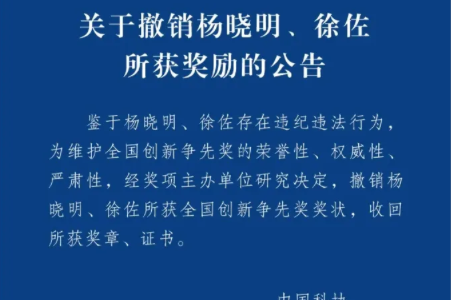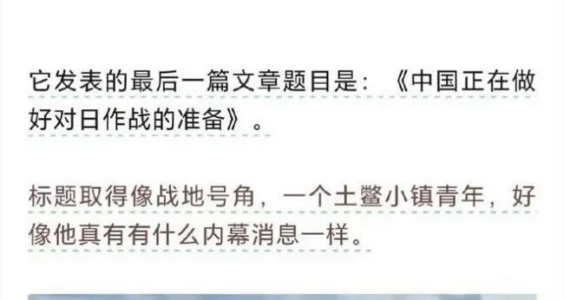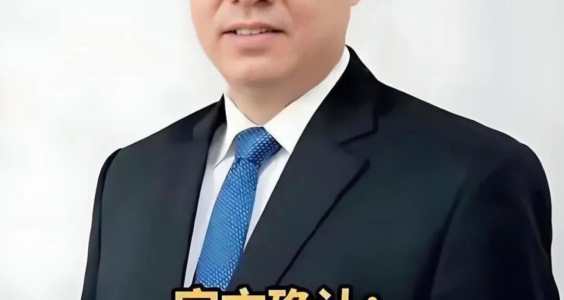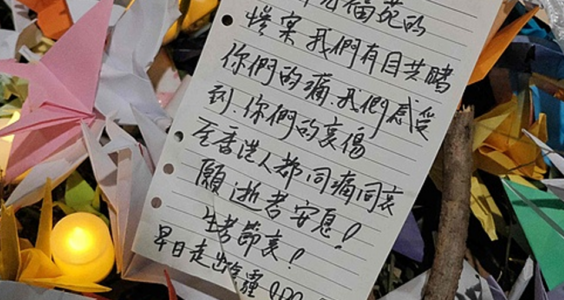Binge-watching 2025's Christmas films: The good, the bad and the so-bad-it's-good

 Sky UK
Sky UK'Tis the season to slob out on the sofa and demolish a packet of mince pies in front of a good movie, or a bad movie - or a movie that's so bad it's good.
This year, as ever, a crop of new Christmas films are hoping to be part of our festive viewing - and perhaps even join the ranks of enduring classics alongside the likes of Home Alone, Elf, Love Actually and Die Hard (don't start).
So, in an effort to bring you a vital public service by sorting the crackers from the turkeys, and in an attempt to get myself into the Christmas spirit, I binged as many new Christmas films as possible in a day.
7.17am - A Very Jonas Christmas Movie

 Disney/John Medland
Disney/John MedlandStarting, hopefully, on a high. This is the only 2025 release on Rotten Tomatoes' list of the greatest 100 Christmas movies of all time. (No, honestly, it is, you can check.)
The Jonas Brothers find themselves stuck in the UK after wrapping up their world tour and must get home for Christmas. Their attempts are hampered by an evil Santa, who breaks into song to say they won't get home until they "rediscover their brotherly magic".
The banter between the bickering brothers is entertaining even for the uninitiated, while fans will no doubt pick up on lots of in-jokes as they attempt to get back to their families using any means of transport necessary.
It's private planes, trains and automobiles.
It's not an all-time classic after all, but is great for fans and a good start to the day.
Christmas tree rating:🎄🎄🎄🎄🎄for Jonas Brothers fans or🎄🎄🎄for Jonas Brothers fans' family members who will have to sit through it
On Disney+
8.45am - Tinsel Town

 Sky UK
Sky UKHollywood star Kiefer Sutherland has been cast as a Hollywood star cast in a pantomime.
"A panto-what?" asks Sutherland's "difficult" and ageing action hero Brad Mack, who has fallen on hard times and whose agent has tricked him into thinking he's starring in prestigious English theatre.
His Aladdin cast-mates inform him he's playing Buttons. "Oh no I'm not," he insists angrily. You can guess their reply. Unless you're unfamiliar with traditional panto catchphrases.
There are some very funny lines, some cockle-warming sub-plots, and the rest of the cast is cracking, too.
Rebel Wilson plays the panto's choreographer (with a Yorkshire accent), Derek Jacobi plays the theatre stage door manager, Meera Syal plays the director, Jason Manford and Asim Chaudhry play the ugly sisters, Lucien Laviscount plays the prince, Katherine Ryan plays Brad's agent, and Danny Dyer plays Danny Dyer.
It's the type of film that would be a bit naff at any other time of year, but is a lot of fun at Christmas.
Christmas tree rating:🎄🎄🎄🎄
On Sky Cinema/Now
10.19am - Christmas Karma

 True Brit Entertainment
True Brit EntertainmentDanny Dyer pops up at the start of this film, too, calling someone a mug for the second film in a row. Is this a new Christmas tradition?
This time, he's a singing black cab driver who picks up Mr Sood, the latest spin on Mr Scrooge from Charles Dickens' A Christmas Carol.
Mr Sood is played by The Big Bang Theory's Kunal Nayyar and Christmas Karma is directed by Bend It Like Beckham's Gurinder Chadha. The familiar story unfolds as the miserly Mr Sood is visited by the ghosts of Christmas past, present and future, played by Hugh Bonneville, Billy Porter and Boy George.
This Indian Scrooge is at least different from all the others, but unfortunately he's not very charismatic and Nayyar's performance is flat - a problem when he's so central to everything.
Christmas tree rating:🎄🎄
In cinemas now, and buy and rent on digital platforms from Monday 15 December
12.04pm - Stuffed


There's time before lunch for the BBC's original festive film (well, a 60-minute comedy-drama special) - which stars Guz Khan as a lovably grouchy guy who "doesn't really do Christmas".
But after he gets an £8,000 Christmas bonus at work, his wife (Morgana Robinson) persuades him to blow the money on a family trip to Lapland.
There's just one problem - he discovers there was an error with his bonus, which should have been £800, and he has to figure out how to pay back the difference.
Enjoyable but forgettable.
Christmas tree rating:🎄🎄
On BBC One and iPlayer on Tuesday 23 December
1.12pm - Champagne Problems

 Mika Cotellon/Netflix
Mika Cotellon/NetflixThis is one of those Christmas films where the tree, fairy lights and snow are in the background - Christmas is the setting of the film rather than its raison d'etre - but it feels cosy and festive all the same.
Ambitious executive Sydney (Minka Kelly) is sent to a French chateau to do a deal to buy a champagne business. En route, she meets a guy in a book store who promises to show her Christmas in Paris.
Journalist and author Olly Richards recently told the Bah Humbug Christmas film podcast this is the best new Christmas film of the past few years. That's a bit of a stretch, but it is a Christmas romance with a touch of class and gives the required warm and fuzzy feels.
The scene with a lengthy discussion about Die Hard is very good too.
I'm starting to feel a bit festive, and pop out to buy some mince pies to keep me going for the rest of the day.
Christmas tree rating:🎄🎄🎄
On Netflix
3.29pm - Finding Father Christmas

 Channel 4
Channel 4Sixteen-year-old Chris, played by Lenny Rush, refuses to stop believing in Father Christmas, despite the attempts of his dad (The Inbetweeners' James Buckley) to tell him otherwise.
The truth is out there, and Chris sets out to find it with the expert help of Sir Stephen Fry, Hannah Fry, Dame Dr Maggie Aderin-Pocock and Jason Fox.
It's low-key but charming, and good viewing while waiting for Santa to visit.
Christmas tree rating:🎄🎄🎄
On Channel 4 on Christmas Eve
4.39pm - Oh. What. Fun.

 Prime Video
Prime VideoMichelle Pfeiffer is the matriarch of a quarrelling American family who come back together for the holidays - including fellow Oscar nominee Felicity Jones, Chloe Grace Moretz, Jason Schwartzman and dad Denis Leary.
Pfeiffer begins by referencing classic festive films like National Lampoon's Christmas Vacation, It's A Wonderful Life and Home Alone, before saying: "They need to make a movie about the true heroes of the holidays - moms."
So that's what this is, but in reality it's really a jumble of those forerunner films, at least until Pfeiffer's character finally comes into her own.
Christmas tree rating:🎄🎄
On Amazon Prime Video
6.43pm - A Scottish Christmas Secret

 Channel 5
Channel 5The day's gone downhill, but thankfully here's a new entry in the crowded field of formulaic, schmaltzy, badly acted - and highly entertaining - festive fodder.
It's a tale as old as time, or as old as the Hallmark Channel at least. An American woman goes on a quest to a distant snowy land and ends up stumbling across romance.
In this case, Caprice Bourret plays a publisher who travels from LA to the Scottish Highlands (with sister Patsy Kensit back at home) and tracks down an author who must clear his writer's block, solve a family mystery, and save the local castle from Duke Hamish.
Cheap and cheesy is by no means a bad thing for a Christmas film and it's given me a more unashamedly festive feeling than most of the others.
Christmas tree rating:🎄 but🎄🎄🎄🎄🎄 if you know and like what you're getting.
On Channel 5, streaming service 5 and Paramount+
8.19pm - Goodbye June

 Kimberley French/Netflix
Kimberley French/NetflixI've saved the most intriguing for last. This is Kate Winslet's directorial debut, and she stars alongside Dame Helen Mirren, Toni Collette, Timothy Spall, Andrea Riseborough and Johnny Flynn.
It's not your typical feelgood festive fun. Dame Helen's character has cancer and may or may not make it to Christmas. It's an intimate family drama with top-drawer performances.
I was ready to be cynical about the fact it was written by Winslet's son Joe Anders when he was 19, a nepotastic endeavour, but the script is skilled and sensitive, if sentimental.
You wouldn't put it on for an easy Christmas comfort watch, but it does have levity and warmth as well as tear-jerking realism, so stands out from the festive films that are as gaudy and hollow as a bauble.
Christmas tree rating:🎄🎄🎄🎄
In cinemas now and on Netflix from Christmas Eve
There are lots more new Christmas films, but that's probably more than is healthy for one person to watch in one day.
Despite the huge variety, they're all about journeys of self-discovery and the appreciation of what's important in life. Are there any future classics? Probably not.
I'm finally feeling festive enough to put up the Christmas tree, though, and will decorate it with Die Hard on in the background.










